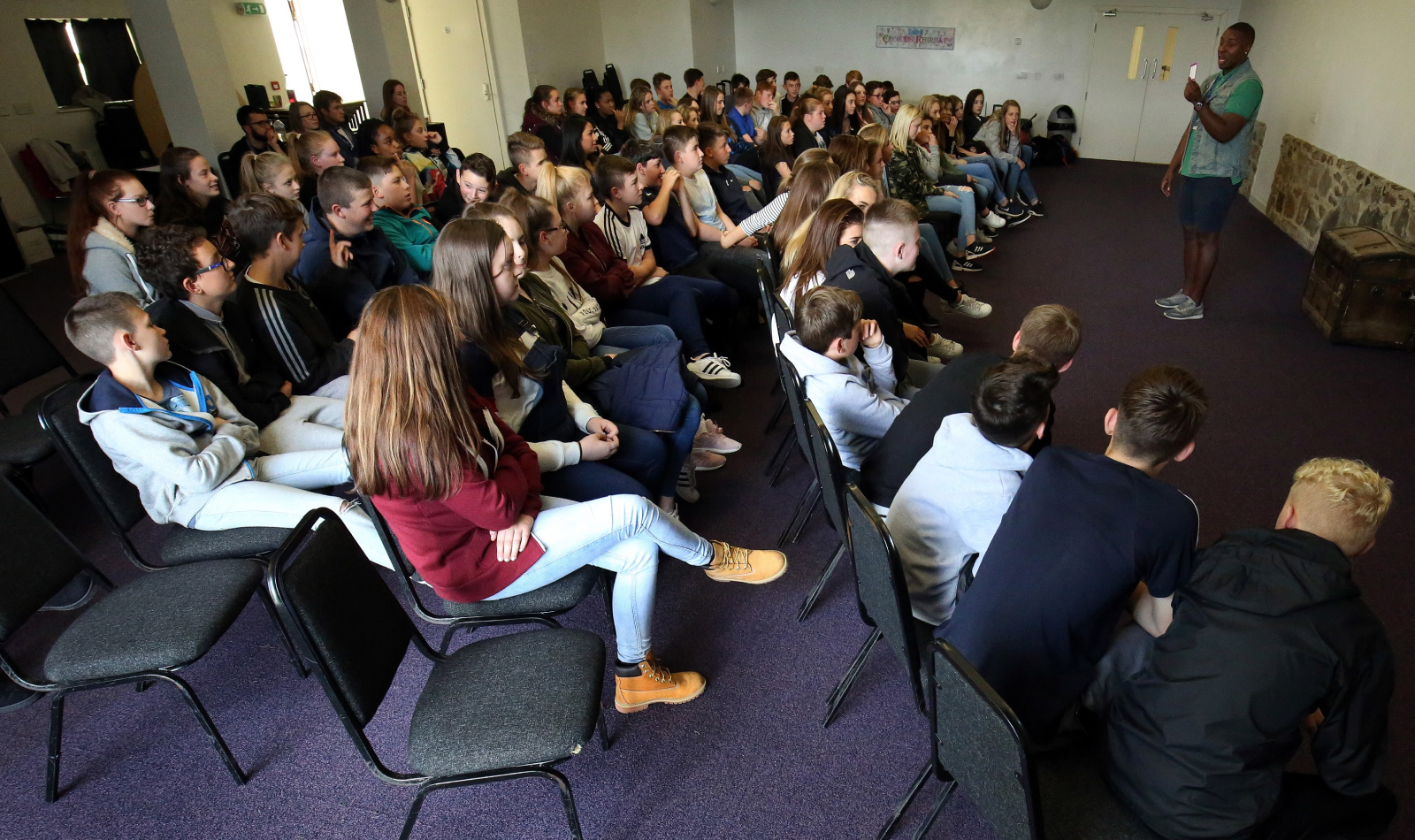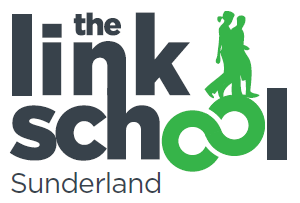
- Maintained secondary school in South Tyneside
- Participated in the North East Career Benchmark Pilot
- 1,139 students aged 11–18
- 12 per cent of students have extra Special Educational Needs (SEN) or disability support
I have been working at St Joseph’s Catholic Academy within the SEN department for 19 years and have been Special Educational Needs Coordinator (SENCO) for 12 years. Through this, I have gained a lot of experience of working with external agencies, providers and parents to develop a multi-agency approach to our activity. We have a careers programme that, as described in Gatsby Benchmark 1: A Stable Careers Programme, impacts our whole academy, from year 6 onwards, and this is particularly true for students with SEND.
Our students are encouraged to think about careers from an early age. This starts with our transition programme from primary school and continues through learning schemes in each subject.
All of our students with SEND have ambition but their goals can be very different. Some students have the ambition to go to university and they have a clear path. For others the route is very different, and all options are explored. Subject teachers look at a wide range of careers and how they link with the curriculum – in line with Benchmark 4: Linking Curriculum Learning to Careers.

Providing guidance on different provision and next steps
The application of the Gatsby Benchmarks has huge relevance for all young people, including young people with SEND. Working in education, you will be used to adapting and shaping things for your students. Designing and delivering a careers programme using the Benchmarks is no different. For example, from our work with special schools we have heard that Benchmark 2: Learning from Career and Labour Market Information, and Benchmark 8: Personal Guidance, need careful consideration and can be challenging, but with sensitive interpretation they are achievable.
Working together to provide the best support
Each half term I work with all the secondary school SENCOs in the borough to evaluate the provision and resources available for the students who need extra support. We have also worked closely with colleges and student services to ensure students have a range of pathways on offer, at different levels, to enable progression. It is important that all courses can be linked clearly to career progression. This is still a work in progress, but we are optimistic that improving the progression offer for our students with SEND will have a big impact on their careers.
Benchmark 3: Addressing the Needs of Each Student means that all schools and colleges should be working to provide the best experience possible to their students. I believe that this is especially important for students with SEND, and one story at St Joseph’s highlights to me the possibilities that are open to schools that take a proactive approach to career guidance with students with SEND.
Supporting each and every student
In our sixth form we have a student whose goal has always been to go to university. Due to her physical disability she uses a wheelchair, and is unable to write or carry out many tasks other students take for granted. She had always attended specialist provision but during her GCSE years she was proactive in getting in touch with local schools that could offer A-levels. However, although she had no learning difficulties, there was a clear gap in provision in our local area for students with these types of physical disability. I felt that we could meet the needs of this student, as her education was also the key to her health. She loved to learn, had a clear goal and she was focussed on achieving the top grades. After a year of planning she was ready to start in our mainstream school with a team around her.
A room was created, a hoist was brought in, and respiratory and feeding training was given to staff. I felt we had a huge amount of support from the wide range of other professionals we were working with. After nearly three years, this student has offers from several universities, and as one offer is unconditional we know her goal has been achieved.
This process has not been without its challenges – it took her an extra year to complete her A-levels due to reoccurring medical issues – and it would have been easy to say we could not meet her needs. We have learned what can be achieved by supporting all young people. She is an ambassador for proving to schools, and the wider community, that anything is possible.

